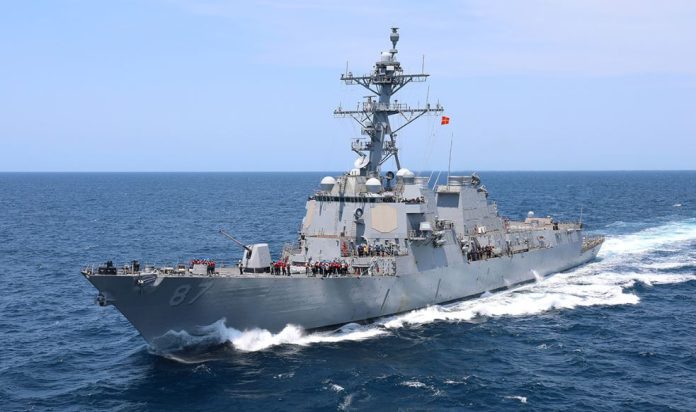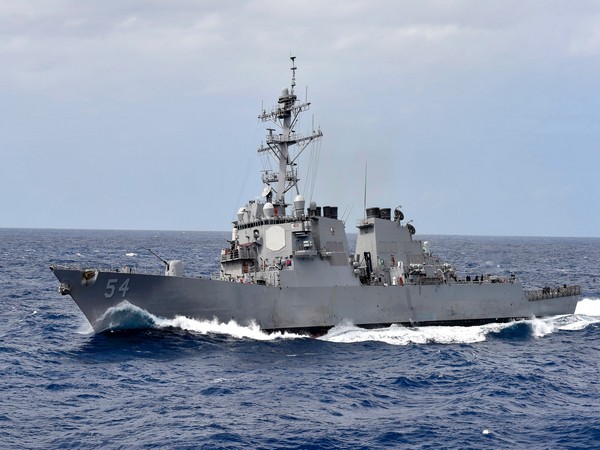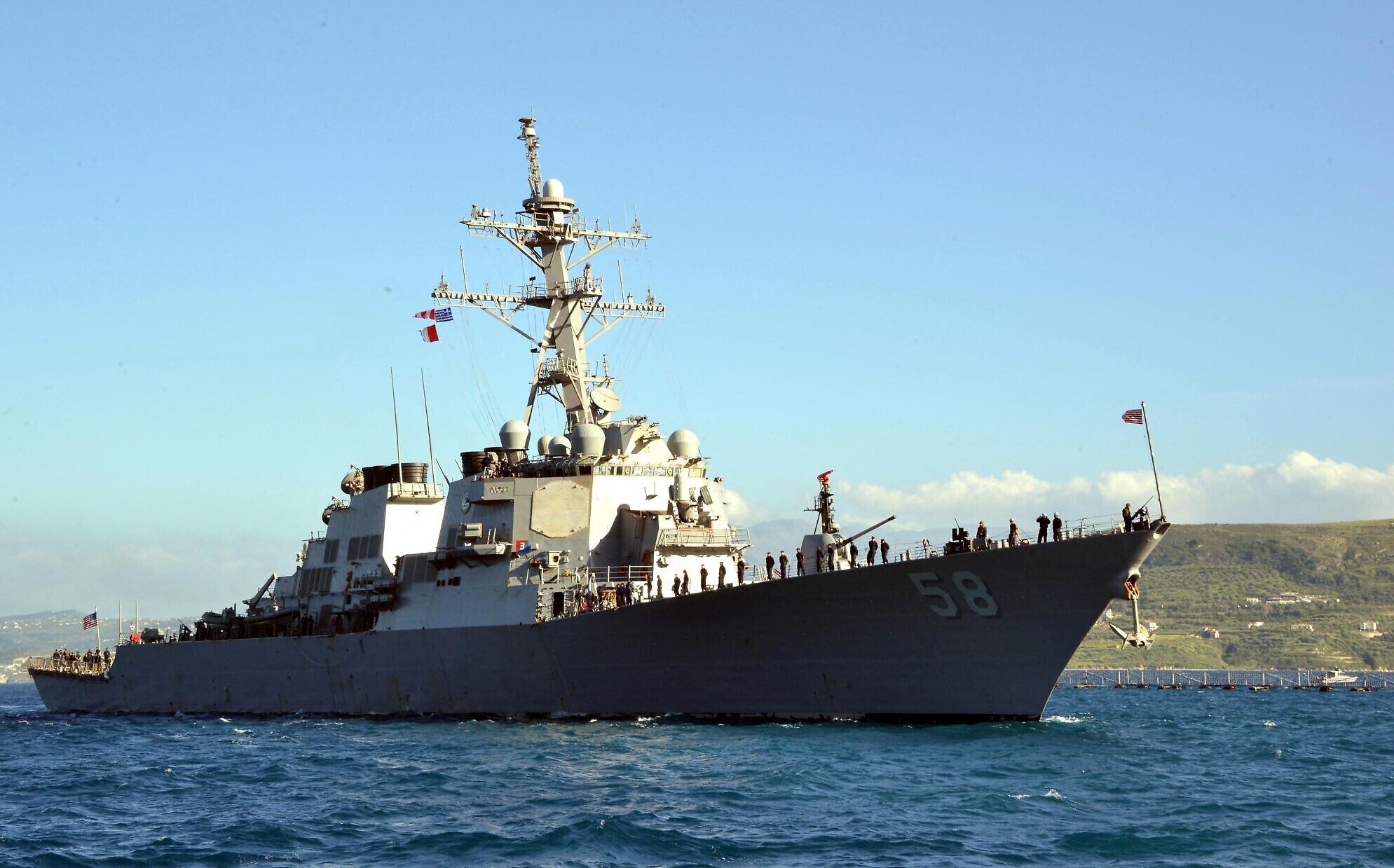The reason why it is difficult for the US to respond to Houthi attacks on cargo ships

In the ever-evolving landscape of international conflicts, the United States faces a daunting challenge in responding to Houthi attacks on cargo ships. The initiation of Operation Protect Prosperity, announced by US Secretary of Defense Lloyd Austin, reflects a carefully crafted coalition of ten nations united against the escalating threats posed by Houthi forces in Yemen.

The Multilateral Response Unveiled
Operation Protect Prosperity, involving the US, UK, Bahrain, Canada, France, Italy, Netherlands, Norway, Seychelles, and Spain, is set to counteract mass attacks on cargo ships in the Red Sea. Spearheaded by the US 5th Fleet, this alliance aims to safeguard maritime interests with a specialized focus on the Red Sea region.

The Houthi Offensive: A Multifaceted Conundrum
The Houthi forces’ recent barrage of missiles and drones targeting not only cargo ships but also US warships raises critical questions about the appropriate response. However, the US’s hesitation to launch a full-scale counterattack stems from a nuanced evaluation of the geopolitical landscape.

Complexity in the Middle East
Military commentator Tyler Rogoway emphasizes that the situation is far from straightforward. The belief in a swift, forceful response clashes with the intricate web of alliances and conflicts in the Middle East. The involvement of Iran and its supported militias adds layers of complexity, potentially leading to a broader conflict.
Strategic Considerations and Potential Escalation
While the US possesses various military response measures, including missile launches and air strikes, the repercussions of direct involvement are profound. The interconnected nature of conflicts in the region raises concerns about sparking a broader conflagration, as demonstrated by recent attacks on US forces in Iraq and Syria.
Geopolitical Chess: US Bases and Houthi Arsenal
The strategic positioning of the US military base in Djibouti, near the Bab al-Mandab Strait, amplifies the stakes. Continuous attacks on this crucial base and its UAV operations hub could have geopolitical and military ramifications. The Houthi forces’ substantial long-range arsenal further complicates the tactical landscape.

Tactical Challenges and Key Questions
Identifying targets in Yemen may seem straightforward, but Rogoway underscores the challenging tactical problems the US military could face if the conflict escalates. The efficacy of retaliatory attacks raises crucial questions: Will they bring benefits, deter future Houthi raids, or open a Pandora’s box of long-term defense challenges?
Coalition Building: A Diplomatic Imperative
To navigate this intricate scenario, the formation of an international coalition becomes paramount. Sharing responsibilities and costs, as well as presenting a united front against the Houthis, offers a diplomatic solution. The complexities of the retaliatory campaign require a multinational approach for effective resolution.
The Unfolding Scenario
As the maritime security operation gains momentum, the impending question of whether the coalition will retaliate against the Houthis looms. The dynamic situation in the region suggests a rapid evolution, with more naval assets joining the cause.
In conclusion, the US’s response to Houthi attacks on cargo ships is a delicate dance on the geopolitical stage. Balancing the need for deterrence with the potential consequences of escalation requires finesse and a multifaceted approach. The evolving narrative in the Middle East will soon answer the intricate questions surrounding this complex dilemma.